can kittens drink regular milk
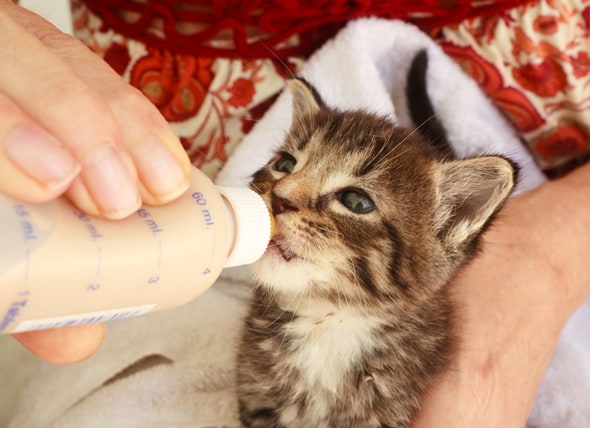 Can Kittens Drink Milk? | PetMD
Can Kittens Drink Milk? | PetMDDiscover what we're doing to protect you from COVID-19 Sweet cats Adoption makes life sweeter! Go on! new menu (LAYOUTMENU_ITEMS0, LAYOUTMENU_POS1, {'forms' : ["fdiv"], 'zIndex' : 20}); //... Sweet cats Adoption makes life sweeter! Candy's CatsAdoption Makes Life Sweeter! document.getElementById("left").style.display='none'; Yoko Sick Ying Yang How to take care of your kitten Kittens are so wonderful! But they have a little special care. Burn. Mothers usually begin to wean their kittens at about 4 weeks of age. For 8 weeks of age, kittens are eating solid foods. Older kittens that are still with their mothers can occasionally nurse, but this is more for comfort and safety than for nutrition. In general, kittens should not be removed from their mothers until they are at least 8 weeks old. Seperate kittens from their mothers to very young age require special attention. The exceptions to this are feral kittens that need to be removed from the mother by 4 weeks of age so that they can be socialized. Milk. Don't give her milk from her kitty cow - she can make them sick and give them diarrhea. You can get the breast milk substitute for young kittens in many of the pet shops in the area. We recommend KMR. When kittens are 8 weeks or more, they no longer need milk, but they can enjoy it anyway. The milk that has been specially processed for cats to safely consume is available in many local groceries. Water. Keep clean and fresh water available for your kitten at all times. The bowl should be low enough so that the kitten can easily drink. Some kittens enjoy playing in the water and even bouncing over the bowl, so you may need a heavy bowl. Place the bowl when not sucked by the trash, etc. Food. You can offer your kitten either dry food, canned food, or both. Make sure you choose the food that is designed for kittens. They require a diet especially rich in proteins, calcium and other nutrients. The cat food that is for adults is not enough. Your young cat will need the improved kitten food until she is one year old. Young kittens need to eat every few hours, because their tummies are so small. I like to feed them the food linked several times a day, but I also have a bowl of dry food available for them to move when they want it. Hot. Young kittens need to stay warm, but their bodies are too small to keep the body warm. That's why they like to cuddle together, or cuddle under the chin or on your lap to sleep. Kittens under 10 weeks need a warm place, such as under a chained lamp or in a hot box, lined or kitten bed. This is especially important if you have only one kitten. Trash boxes. Kittens will instinctively use the trash box as they age, but their mother also helps teach them. Make sure that a trash box with the sides is low enough for kittens to enter and exit is easily accessible. Use a regular litre, not the kind of grip! Small kittens can lick, swallow the litre of restraint and suffer dangerous blockages in your digestive way! Once the kitten is 3 months old, they can safely use the clamping litre. Keep the trash box clean - this encourages the kitten to develop good trash box habits. Bathrooms. Kittens will be cleaned instinctively, but the mother also helps develop this behavior. You can help keep your kitten gently cleaning with a wet vase. They often need to clean up their little pieces! This also helps to link your kitten to you, as you are acting on the role of "mami". They usually don't need real baths unless they've been especially dirty or if they need fleas baths. Petting. You can help your kitten become a friendly cat, well socialized by spending a lot of quality time with him or her. You'll like to have a smooth blow around your ears and under the chin. Make sure you caress her all over her body, so she gets used to being touched even on her legs and tummy. They enjoy being touched gently by you and will grow to enjoy your smell and voice. Speaking quietly - they are afraid of noisy noises! Oh, another thing - don't say, "shhhhhhh" to your kitten - it sounds like a cat that silences them! Playing. Game time is very important for a kitten. Learn to socialize, develop physical skills, exercise and have fun! The kittens have a great time playing with each other - rough houses, lurking, jumping, chasing, and stalking each other. Young kittens don't know they're hurting you when they grab or bite your hand, or they run through the pants leg, so be patient and forgiven. If you have only one kitten, you will focus on all your attention in the game! You can "train" your kitten to not bite or scratch by giving a high-pressure yelp every time you get too enthusiastic. That's how the kittens were said to have become too hard. An idea that can help save your arms from scratches is to provide what I call a "fight friend" for your kitten - a stuffed toy or an old sock full of soft fabric or socks - that can be free to sink your teeth and claws into. Use it home hard with your kitten and it won't get used to using you as your toy scratch! Scratching. Your kitten will start scratching things at an early age. This is the time to start training! Provide a small scratch post or flat scratch and keep it wherever she usually plays. Encourage her to use her by instrulating her with a toy or with cards. Give her praise when she uses it, and she screams loudly ("CLAWS!) when she tears the wrong thing. A strong voice is usually all that is needed to communicate the error - not hitting it or squirt it with water. You can also start cutting their claws. Wait until she's asleep and relaxed. Start by trimming only some of your claws, and don't force it if it starts to resist. Turn it off and tell him it's okay! It will soon get used to it, and it will become a good habit for life. Veterinary Deworming. Kittens will have to be disarmed at least once and probably twice. The "worms" are typically round worms or pin worms. They pass to the kitten by the mother's milk. Your veterinarian may give your kitten a dose of medications like Strongit to kill these parasites when the kitten is 6 weeks old or so. This should be followed 2 weeks later either by a second dose of medication or a fecal test to ensure that all worms have been killed. If after the breakage, your kitten feces are mushy, they have mucus or blood on them, make sure you see your veterinarian. There are other types of intestinal parasites, such as coccidia, that can infect kittens. These require different treatments depending on parasites. Tests for Feline and FIV Leukemia. If you haven't had a cat in recent years, you may never have heard of these new dangerous cat diseases. Feline leukemia (FeLeuk) and feline immunodeficiency virus (FIV) are diseases that attack the immune system, as well as HIV in humans. (No one of these diseases can be caught by humans.) If possible, you must make the kitten mother tested for these two diseases. Typically the kitten will not receive one of these diseases unless the mother has it. If the mother is not available, she can make her kitten tested for FeLeuk, which is the most transmitable of the two diseases. You may want to wait about 6 weeks after receiving your kitten to test for IVF. This is because the test can give a false positive result if the kitten has been exposed to the IVF through the mother, but has not caught the disease. Vaccination for contempt. Your kitten will need vaccines to prevent diseases, just like children. The mosquito net vaccine usually includes protection not only for the feline mosquito net, but also some higher respiratory viruses. Feline distemper (panleukopenia) is a serious, often fatal disease that is easily transmitted, so do not delay receiving this important vaccination. Your kitten should get his first shot of mosquito net when he's about 8 weeks old. Then you need a reinforcement shot from 3 to 4 weeks later. After this, your kitten will need annual boosters. Rabies vaccination. Rabies is a serious and fatal disease that can attack any mammal, including humans. In many places (including Maryland), you are required by law to make your pet vaccinated by rabies. Your kitty should get her first rabies vaccine when she's 4 months old. After this, you'll need a booster a year later. After that, you'll need backup every 3 years. If your kitty looks sick. You must be aware of the behavior of your kitten, because small kittens can fade very quickly if not treated immediately. If your kitten gets lazy, stop playing and sleep more than usual, then he's probably sick. You can also stop eating, and this is very dangerous as your liver can turn off. If you notice that your kitten has stopped eating, you may need to force it to feed you (see next article). Of course you should take the kitten to see your veterinarian as soon as possible! Power supply. To do this, you'll need a drip or syringe. Mix some foods canned kittens with the breast milk replacer, stirring to make a rubber (a blender works great). Fill the drip or syringe of the eye, and put it in the mouth of the kitten. Remove a small amount very smoothly - he must swallow it without any problem. Continue feeding small amounts. The amount varies in the size of the kitten, but insufficient feeding is better than excessive feeding. Recipes for the Emergency Kitten Formula The pet store is closed, and you have hungry kittens that need formula! Never be afraid! In a pinch, the Cornell Cats Book says that the human baby formula can be used if it is composed to duplicate the normal force (the human baby formula is usually not nutritious enough for kittens). As with the following formulas, remember that any emergency formula should only be used until the regular Feline Replacement Formula (such as KMR or Just Born) can be purchased at the pet store. None of them are nutritionally complete for the long-term health of a kitten. Formula #11 quart whole goat milk1 teaspoon of light Karo syrup made1 tablespoon smooth yogurt without fat (preferred by goat milk)1 egg yolkKnox jelly unfavoured: newborn-1 week 1 pkg 2nd week 1/2 - 2 pkgs 3a week 2 1/2 - 3 pkgs 4th week 4kg Put the goat milk Heat the milk/gelatin mixture of goat until the jelly is dissolved. Remove from heat. Mix the remaining ingredients and refrigerate. It'll stay up to a week. Heat at skin test temperature and feeding kittens. Formula #28 ounces homogenized whole milk2 egg yolks1 teaspoon salad oil1 drop of liquid pediatric vitamins (optional) Mix well and hot before use. Keep cooling. Formula #31 part boiled water to 5 parts evaporated milk 1⁄2 teaspoon bone food for 16 oz liquid Mix well, refrigerate, hot before use. Formula #41 can evaporate Milk1 tablespoons of egg yolk Karo jarabe Mix well the 3 ingredients and are stored in hermetic sealed jar in the fridge. In the mixture of feeding time 1/2 of the amount of food estimated with: equal amount of boiling water (once mixing one day 1 drop of liquid vitamins in each kitten formula)If constipation occurs: add 1 drop of vegetable oil to each kitten formula no more than once a day until the problem was raised. Test temperature before feeding (the combination of boiling water and cooled formula should be almost correct). Highlights Events Donate Sweet cats How many times are you looking for the Internet every day? Use GoodSearch, and they'll donate a penny every time you search the web. Click on the previous logo to start today, share with your friends, and see the donations add. Yoko Sickness Ying & Yang How to take care of your kittens are so wonderful! But they have a little special care. Burn. Mothers usually begin to wean their kittens at about 4 weeks of age. For 8 weeks of age, kittens are eating solid foods. Older kittens that are still with their mothers can occasionally nurse, but this is more for comfort and safety than for nutrition. In general, kittens should not be removed from their mothers until they are at least 8 weeks old. Seperate kittens from their mothers to very young age require special attention. The exceptions to this are feral kittens that need to be removed from the mother by 4 weeks of age so that they can be socialized. Milk. Don't give her milk from her kitty cow - she can make them sick and give them diarrhea. You can get the breast milk substitute for young kittens in many of the pet shops in the area. We recommend KMR. When kittens are 8 weeks or more, they no longer need milk, but they can enjoy it anyway. The milk that has been specially processed for cats to safely consume is available in many local groceries. Water. Keep clean and fresh water available for your kitten at all times. The bowl should be low enough so that the kitten can easily drink. Some kittens enjoy playing in the water and even bouncing over the bowl, so you may need a heavy bowl. Place the bowl when not sucked by the trash, etc. Food. You can offer your kitten either dry food, canned food, or both. Make sure you choose the food that is designed for kittens. They require a diet especially rich in proteins, calcium and other nutrients. The cat food that is for adults is not enough. Your young cat will need the improved kitty food until she is one year old. Young kittens need to eat every few hours, because their tummies are so small. I like to feed them the food linked several times a day, but I also have a bowl of dry food available for them to move when they want it. Hot. Young kittens need to stay warm, but their bodies are too small to keep the body warm. That's why they like to cuddle together, or cuddle under the chin or on your lap to sleep. Kittens under 10 weeks need a warm place, such as under a chained lamp or in a hot box, lined or kitten bed. This is especially important if you have only one kitten. Trash boxes. Kittens will instinctively use the trash box as they age, but their mother also helps teach them. Make sure that a trash box with the sides is low enough for kittens to enter and exit is easily accessible. Use a regular litre, not the kind of grip! Small kittens can lick, swallow the litre of restraint and suffer dangerous blockages in your digestive way! Once the kitten is 3 months old, they can safely use the clamping litre. Keep the trash box clean - this encourages the kitten to develop good trash box habits. Bathrooms. Kittens will be cleaned instinctively, but the mother also helps develop this behavior. You can help keep your kitten gently cleaning with a wet vase. They often need to clean up their little pieces! This also helps to link your kitten to you, as you are acting on the role of "mami". They usually don't need real baths unless they've been especially dirty or if they need fleas baths. Petting. You can help your kitten become a friendly cat, well socialized by spending a lot of quality time with him or her. You'll like to have a smooth blow around your ears and under the chin. Make sure you caress her all over her body, so she gets used to being touched even on her legs and tummy. They enjoy being touched gently by you and will grow to enjoy your smell and voice. Speaking quietly - they are afraid of noisy noises! Oh, another thing - don't say, "shhhhhhh" to your kitten - it sounds like a cat that silences them! Playing. Game time is very important for a kitten. Learn to socialize, develop physical skills, exercise and have fun! The kittens have a great time playing with each other - rough houses, lurking, jumping, chasing, and stalking each other. Young kittens don't know they're hurting you when they grab or bite your hand, or they run through the pants leg, so be patient and forgiven. If you have only one kitten, you will focus on all your attention in the game! You can "train" your kitten to not bite or scratch by giving a high-pressure yelp every time you get too enthusiastic. That's how the kittens were said to have become too hard. An idea that can help save your arms from scratches is to provide what I call a "fight friend" for your kitten - a stuffed toy or an old sock full of soft fabric or socks - that can be free to sink your teeth and claws into. Use it home hard with your kitten and it won't get used to using you as your toy scratch! Scratching. Your kitten will start scratching things at an early age. This is the time to start training! Provide a small scratch post or flat scratch and keep it wherever she usually plays. Encourage her to use her by instrulating her with a toy or with cards. Give her praise when she uses it, and she screams loudly ("CLAWS!) when she tears the wrong thing. A strong voice is usually all that is needed to communicate the error - not hitting it or squirt it with water. You can also start cutting their claws. Wait until she's asleep and relaxed. Start by trimming only some of your claws, and don't force it if it starts to resist. Turn it off and tell him it's okay! It will soon get used to it, and it will become a good habit for life. Veterinary Care Deworming. Kittens will have to be disarmed at least once and probably twice. The "worms" are typically round worms or pin worms. They pass to the kitten by the mother's milk. Your veterinarian can give your kitten a dose of medications like Strongit to kill these parasites when the kitten is 6 weeks old or so. This should be followed 2 weeks later either by a second dose of medication or a fecal test to ensure that all worms have been killed. If after the breakage, your kitten feces are mushy, they have mucus or blood on them, make sure you see your veterinarian. There are other types of intestinal parasites, such as coccidia, that can infect kittens. These require different treatments depending on parasites. Tests for Feline and FIV Leukemia. If you haven't had a cat in recent years, you may never have heard of these new dangerous cat diseases. Feline leukemia (FeLeuk) and feline immunodeficiency virus (FIV) are diseases that attack the immune system, as well as HIV in humans. (No one of these diseases can be caught by humans.) If possible, you must make the kitten mother tested for these two diseases. Typically the kitten will not receive one of these diseases unless the mother has it. If the mother is not available, she can make her kitten tested for FeLeuk, which is the most transmitable of the two diseases. You may want to wait about 6 weeks after receiving your kitten to test for IVF. This is because the test can give a false positive result if the kitten has been exposed to the IVF through the mother, but has not caught the disease. Vaccination for contempt. Your kitten will need vaccines to prevent diseases, just like children. The mosquito net vaccine usually includes protection not only for the feline mosquito net, but also some higher respiratory viruses. Feline distemper (panleukopenia) is a serious, often fatal disease that is easily transmitted, so important vaccination is not delayed. Your kitten should get his first shot of mosquito net when he's about 8 weeks old. Then you need a reinforcement shot from 3 to 4 weeks later. After this, your kitten will need annual boosters. Rabies vaccination. Rabies is a serious and fatal disease that can attack any mammal, including humans. In many places (including Maryland), you are required by law to make your pet vaccinated by rabies. Your kitty should get her first rabies vaccine when she's 4 months old. After this, you'll need a booster a year later. After that, you'll need backup every 3 years. If your kitty looks sick. You must be aware of the behavior of your kitten, because small kittens can fade very quickly if not treated immediately. If your kitten gets lazy, stop playing and sleep more than usual, then he's probably sick. You can also stop eating, and this is very dangerous as your liver can turn off. If you notice that your kitten has stopped eating, you may need to force it to feed you (see next article). Of course you should take the kitten to see your veterinarian as soon as possible! Power supply. To do this, you'll need a drip or syringe. Mix some foods canned kittens with the breast milk replacer, stirring to make a rubber (a blender works great). Fill the drip or syringe of the eye, and put it in the mouth of the kitten. Remove a small amount very smoothly - he must swallow it without any problem. Continue feeding small amounts. The amount varies in the size of the kitten, but insufficient feeding is better than excessive feeding. Recipes for the Emergency Kitten Formula The pet store is closed, and you have hungry kittens that need formula! Never be afraid! In a pinch, the Cornell Cats Book says that the human baby formula can be used if it is composed to duplicate the normal force (the human baby formula is usually not nutritious enough for kittens). As with the following formulas, remember that any emergency formula should only be used until the regular Feline Replacement Formula (such as KMR or Just Born) can be purchased at the pet store. None of them are nutritionally complete for the long-term health of a kitten. Formula #11 quart whole goat milk1 teaspoon of syrup light Karo CatExcellent events Donate Candy cats Candy's Cats, Inc., incorporated in 2005 as 501(c)(3) non-profit, non-killing cat rescue, licensed in the state of Florida to receive charity donations. Disclaimer: Donations made to ITC. ITC reserves the right to use donations made to ITC for the best interests of animals in our care. If you are donating to support a particular fund-raising effort and the funds collected exceed the purpose of the particular fund-raising effort, excess funds will be deposited in the general operating fund for use in helping all animals in the care of ITC as the ITC deems appropriate. All donated money goes to the vetation, medicine, spaced/neutral, food, bunk, operations and supplies needed to care for animals and administer CCI as 501(c)3. All donations are tax deductible. UN COPY OF THE OFFICIAL REGISTRATION AND FINANCIAL INFORMATION MAY BE OBTAINED OF THE DIVISION OF CONSUMER SERVICES BY CALLING TOLL-FREE (800)435-7352 Finally. REGISTRATION does not make improper compliance, approval or recommendation by the State. No. CH18998 EXPIRATION DATE 7/2021. © 2021 Candy's Cats Candy's Cats, Inc., incorporated in 2005 as 501(c)(3) non-profit, non-killing cat rescue, licensed in the state of Florida to receive charity donations. Disclaimer: Donations made to ITC. ITC reserves the right to use donations made to ITC for the best interests of animals in our care. If you are donating to support a particular fund-raising effort and the funds collected exceed the purpose of the particular fund-raising effort, excess funds will be deposited in the general operating fund for use in helping all animals in the care of ITC as the ITC deems appropriate. All donated money goes to the vetation, medicine, spaced/neutral, food, bunk, operations and supplies needed to care for animals and administer CCI as 501(c)3. All donations are tax deductible. UN COPY OF THE OFFICIAL REGISTRATION AND FINANCIAL INFORMATION MAY BE OBTAINED OF THE DIVISION OF CONSUMER SERVICES BY CALLING TOLL-FREE (800)435-7352 Finally. REGISTRATION does not make improper compliance, approval or recommendation by the State. No. CH18998 EXPIRATION DATE 7/2021.
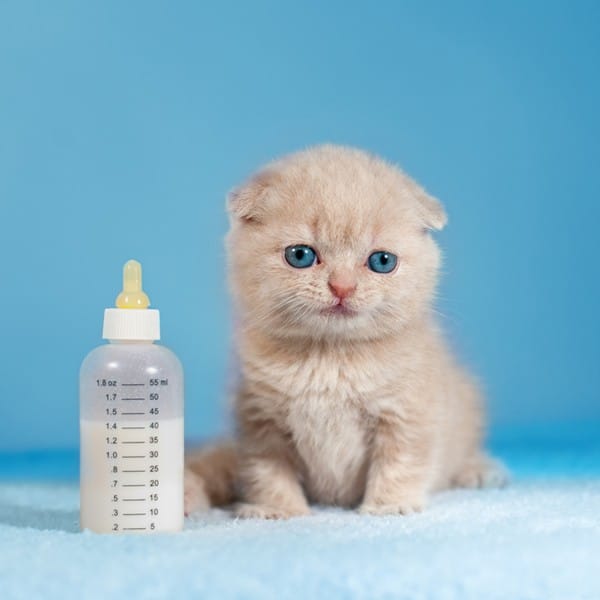
Can Kittens Drink Cow's Milk? - Catster
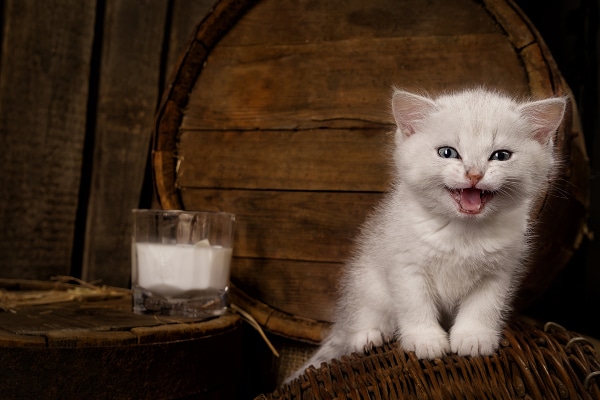
Can Kittens Drink Cow's Milk? - Catster
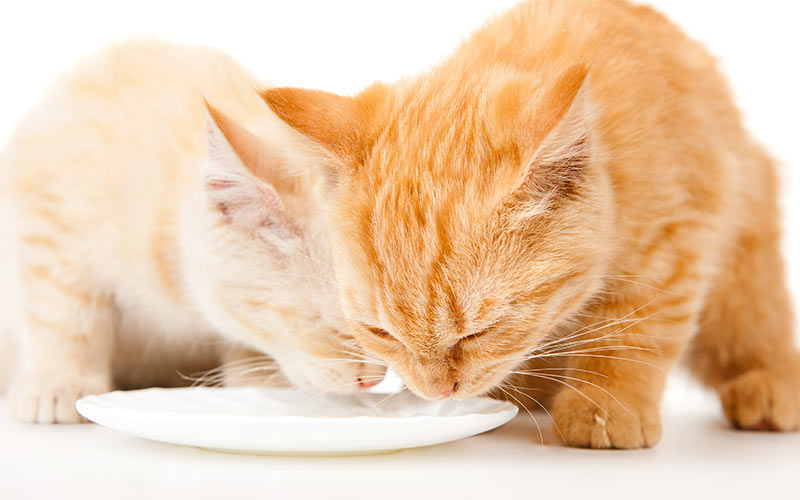
What Kind Of Milk Can Cats Drink, And Should Cats Drink Milk At All
Can cats drink milk? - Sepicat

Is it OK for cats to drink milk? | HowStuffWorks
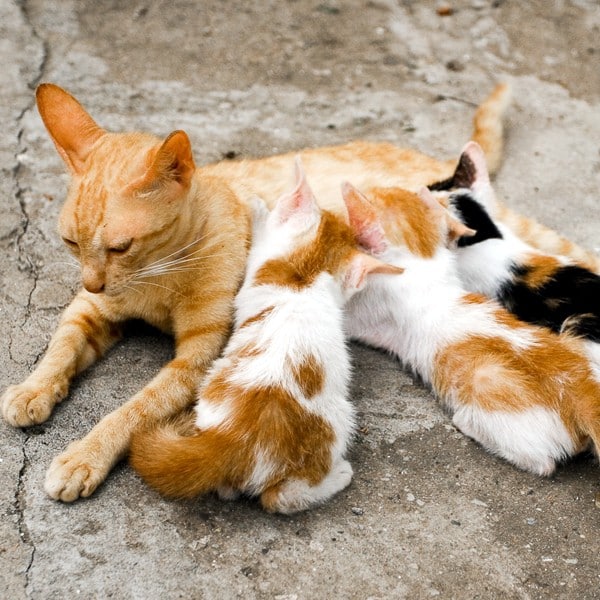
Can Kittens Drink Cow's Milk? - Catster

Why Cats and Cow's Milk Don't Mix
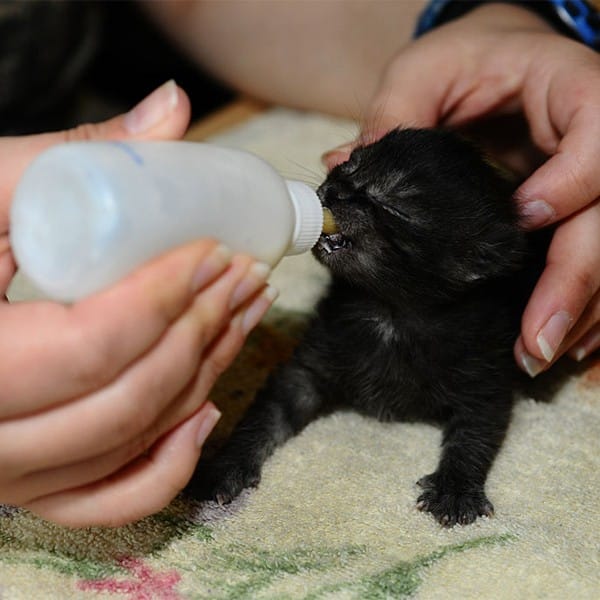
Can Kittens Drink Cow's Milk? - Catster

Can Cats Drink Milk? - Cat Myth BUSTED!

What Do Cats Drink & Is Milk Bad for Cats? | Purina
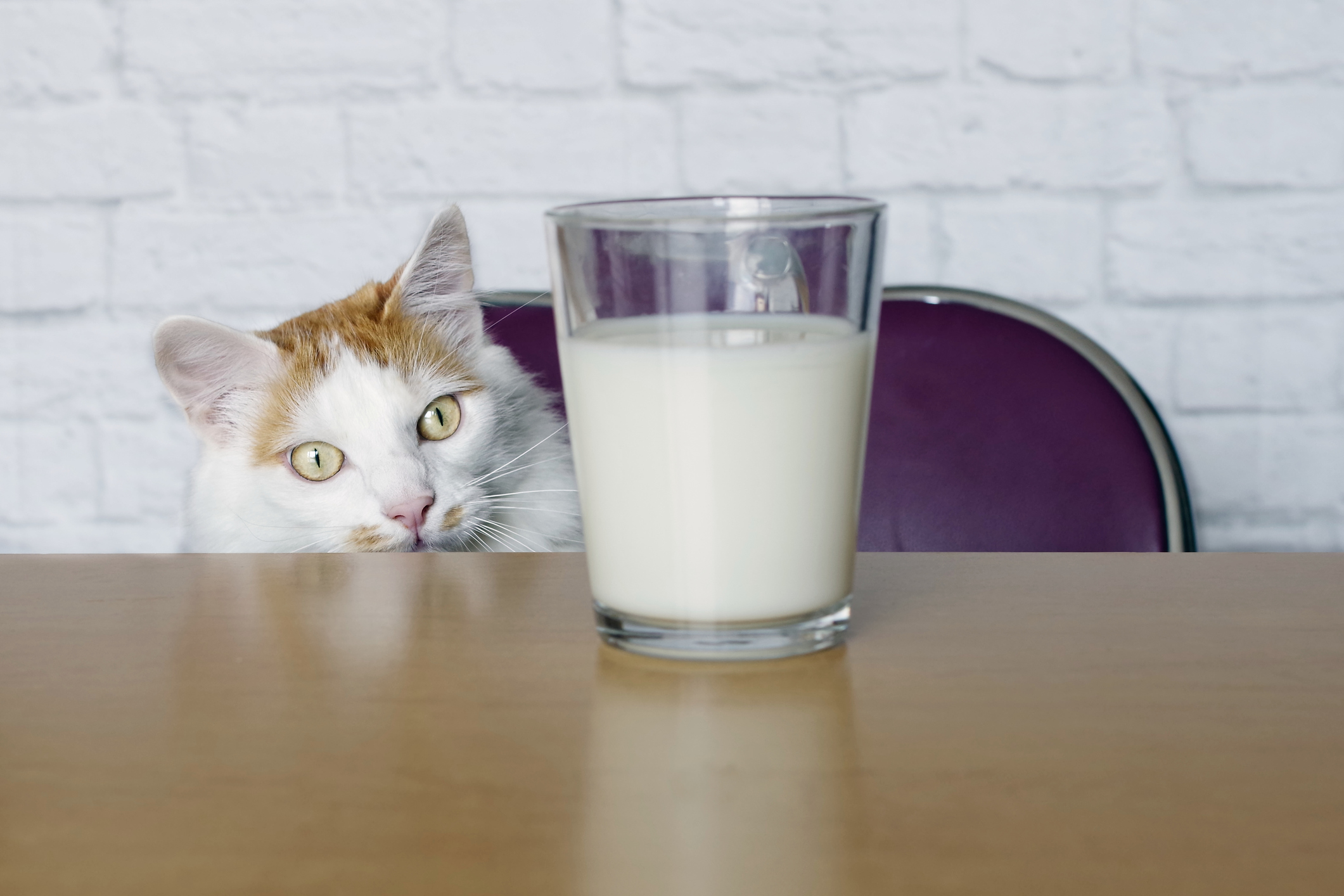
Mythbuster: Can Cats Drink Milk? | Healthy Paws Pet Insurance
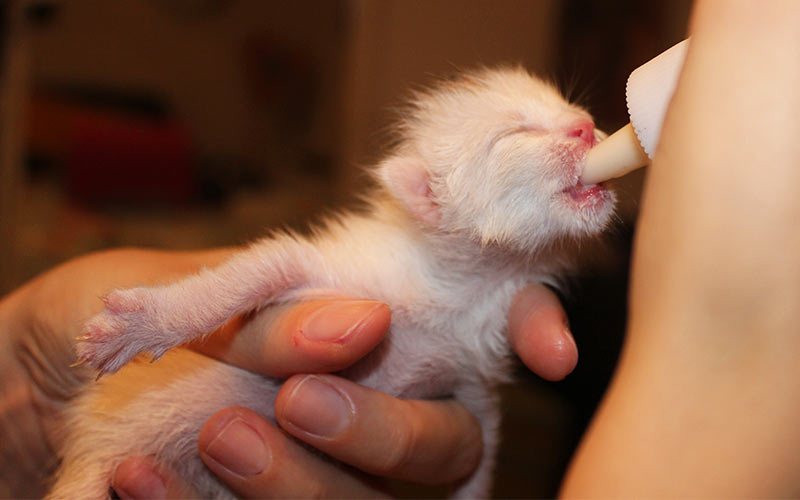
What Kind Of Milk Can Cats Drink, And Should Cats Drink Milk At All
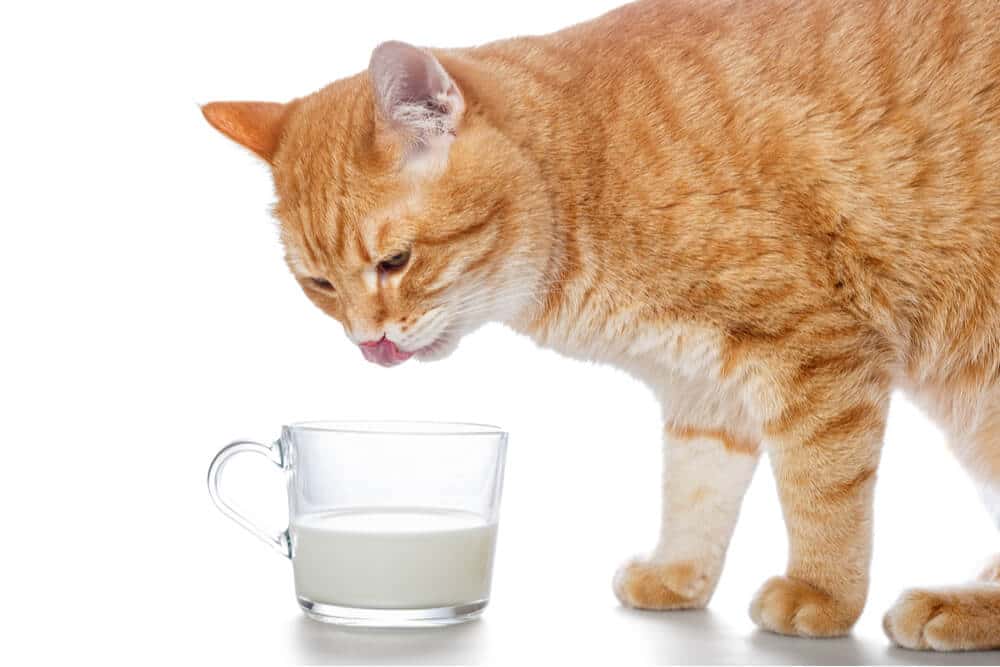
Is Milk Good for Cats? - We're All About Cats
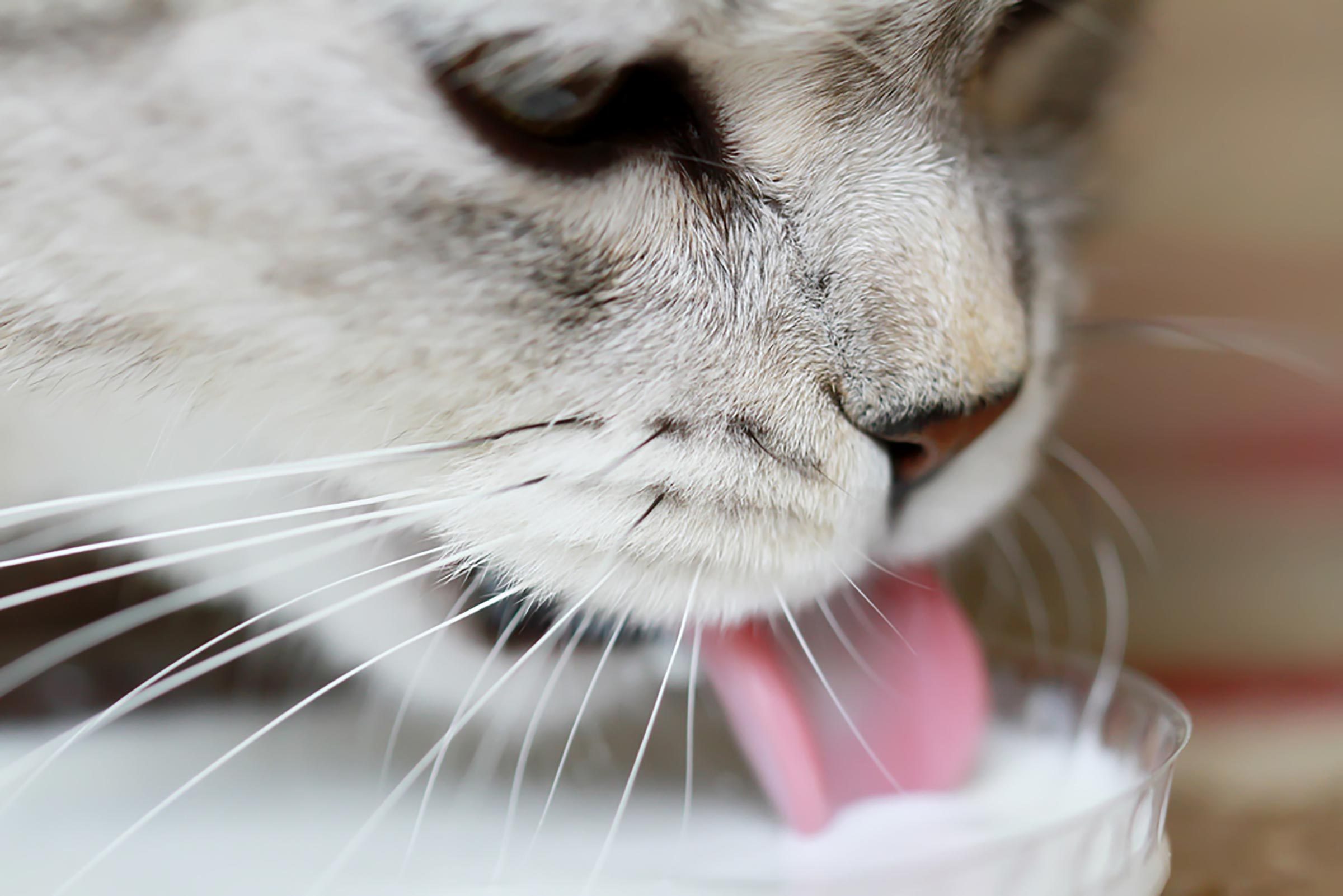
Can Cats Drink Milk? The Truth Behind the Popular Myth | Reader's Digest
:max_bytes(150000):strip_icc()/GettyImages-112174189-59b44fe4d963ac0011c6f607.jpg)
Kitten Formula Recipes and How to Bottle Feed a Kitten

The Truth About Cats and Milk – Meowingtons
Why cats shouldn't drink milk - Feline Wellness Online

4 Homemade kitten formula recipes - CatPet.club
/two-cats-with-milk-around-mouths-156530690-589222c43df78caebc8563c8.jpg)
Is Feeding Milk to Your Cats Healthy for Them?

6 Tips for Safely Bottle Feeding Kittens | PetMD

Do Cats Really Like Milk? - Fussie Cat
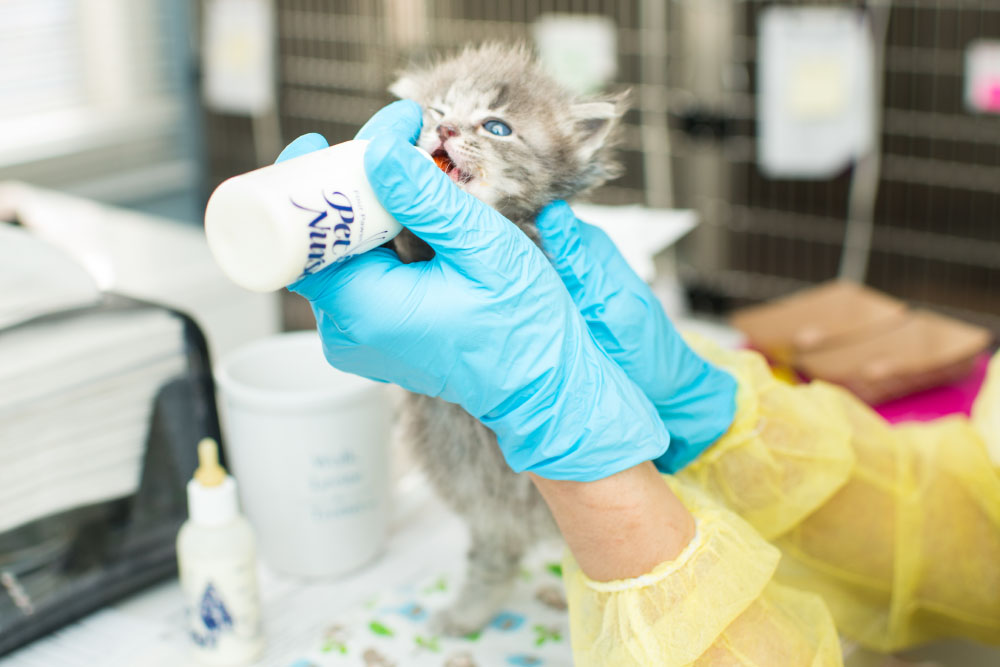
Recipes For Homemade Kitten Formula • Kitten Rescue
Can cats drink milk? - Sepicat
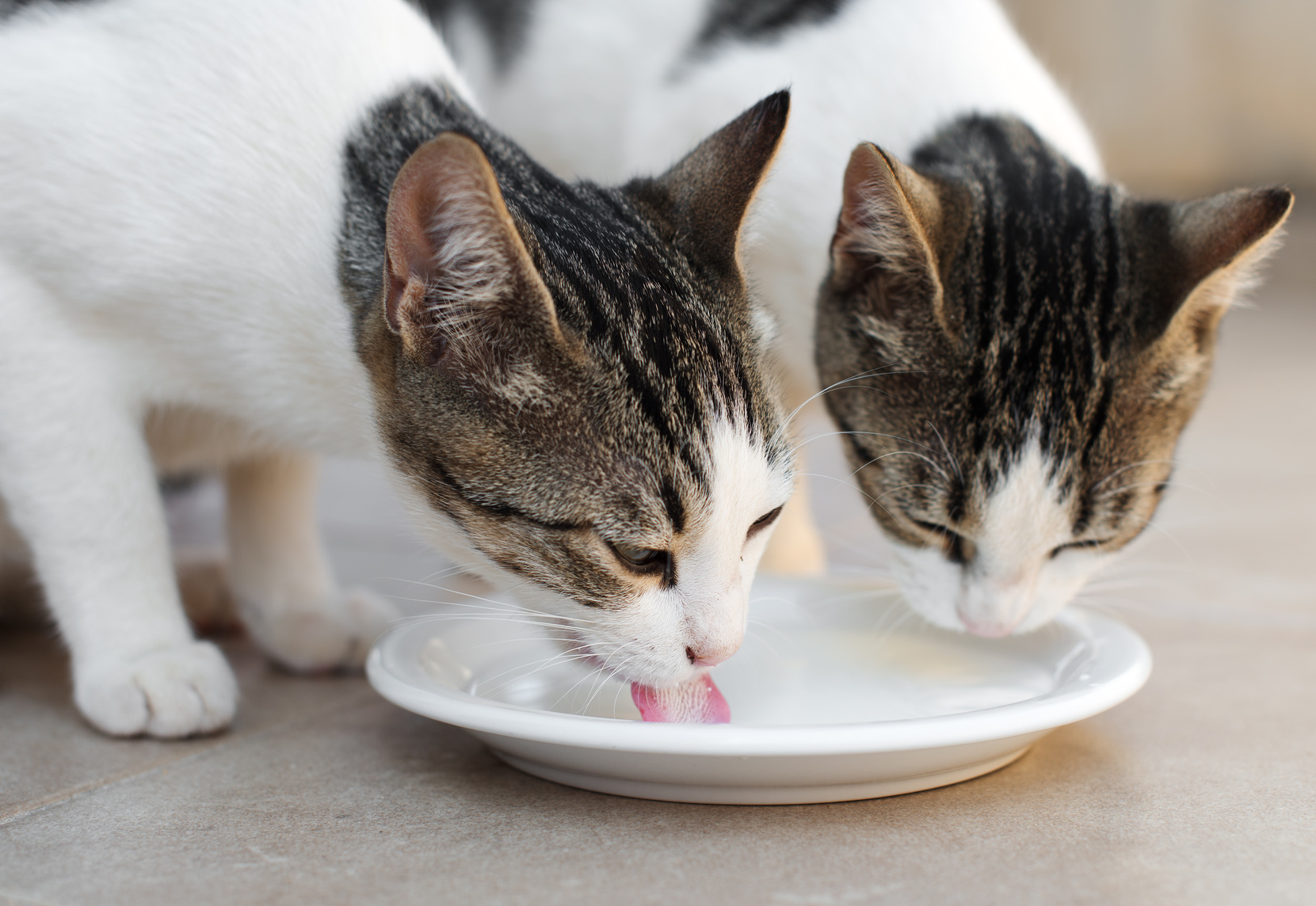
Can Dogs Drink Milk? And Cats? - Barkibu ES
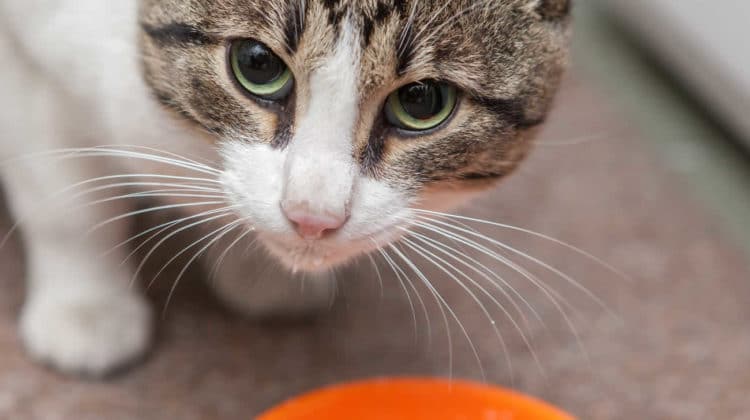
Can Cats Drink Milk? Lactose Intolerance in Cats
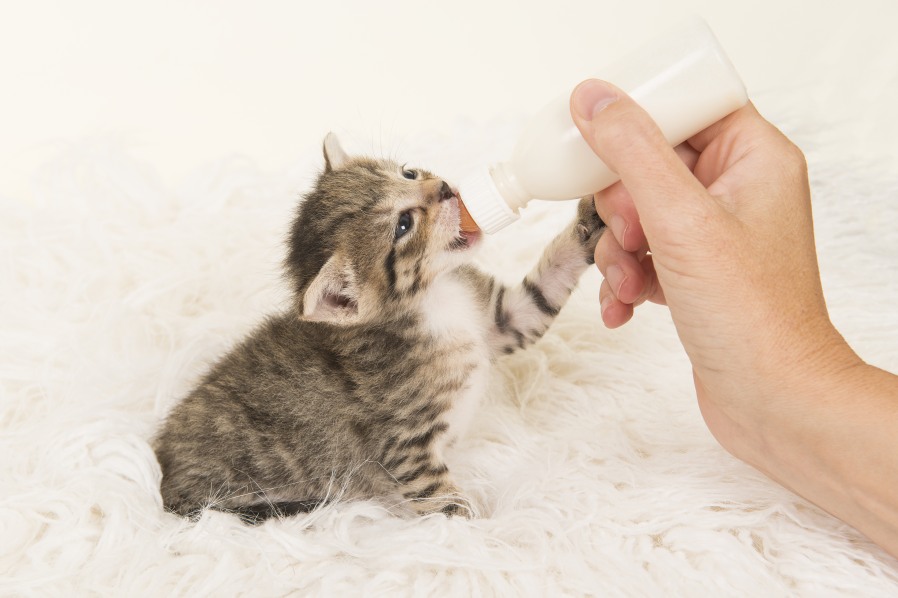
Tails from the Foster Kittens~: Should you feed kittens goat milk?

7 Foods Your Cat Can't Eat
/eating-cat-985012686-5c413eec4cedfd00019396ff.jpg)
Kitten Feeding Schedule: How Much to Feed Your Growing Kitten

Can Cats Drink Oat Milk? Answers You Should Not Ignore | Kitty Cats blog
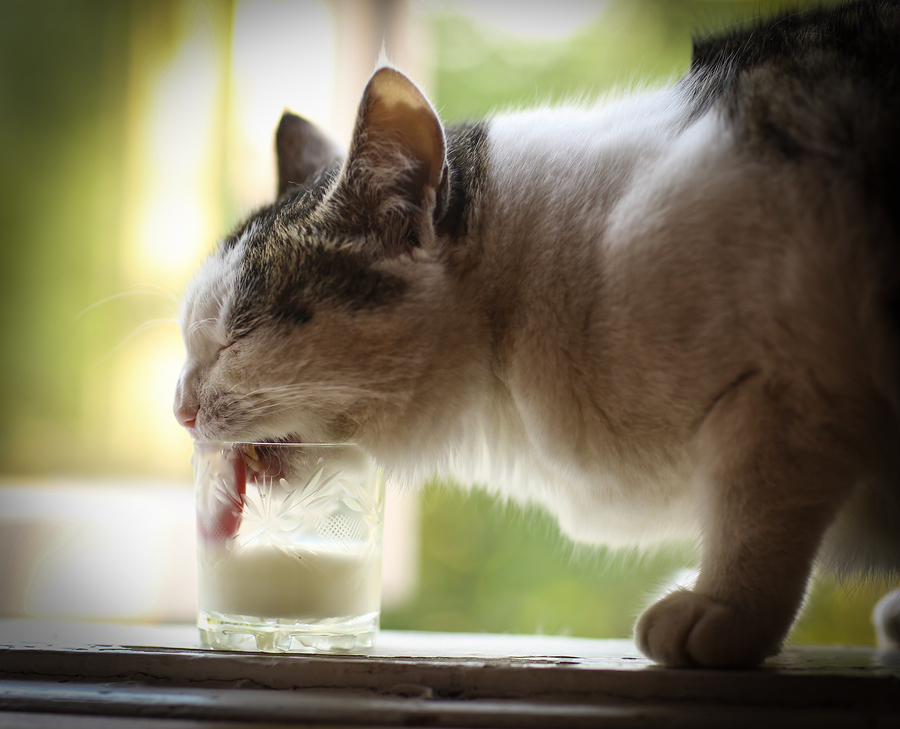
The truth about cats and milk - Dr. Marty Becker

Is it Ok for Cats to Drink Milk? | Pawesome Cats

Are Cats Lactose Intolerant? The Reason Why Milk & Kitties Don't Mix | Daily Paws
Can cats drink goat milk? - Quora

Adult Cats Milk (Page 1) - Line.17QQ.com
Kitten Nutrition | Feline Health

087 Can kittens and cats drink cow milk ? - YouTube

Can Cats Drink Milk? - Petset.com
What type of milk do newborn kittens drink? - Quora

Can Cats Drink Milk? What You Need to Know! - ExcitedCats
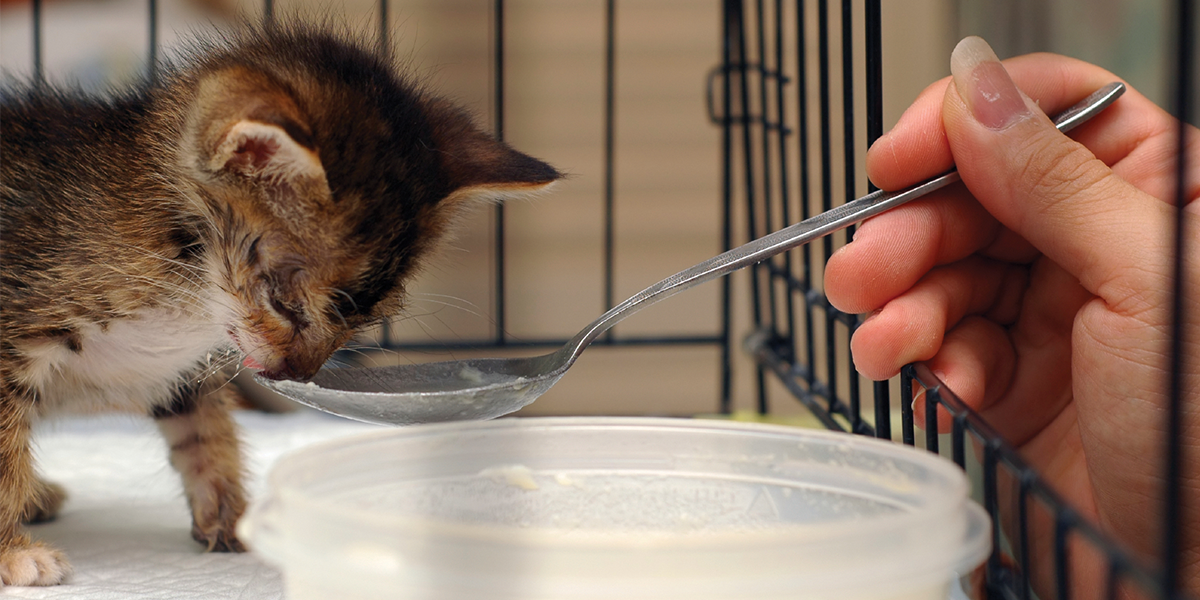
Hand-rearing kittens | International Cat Care
Posting Komentar untuk "can kittens drink regular milk"